Paving the Ways for Revolutionary Software Beyond Imagination
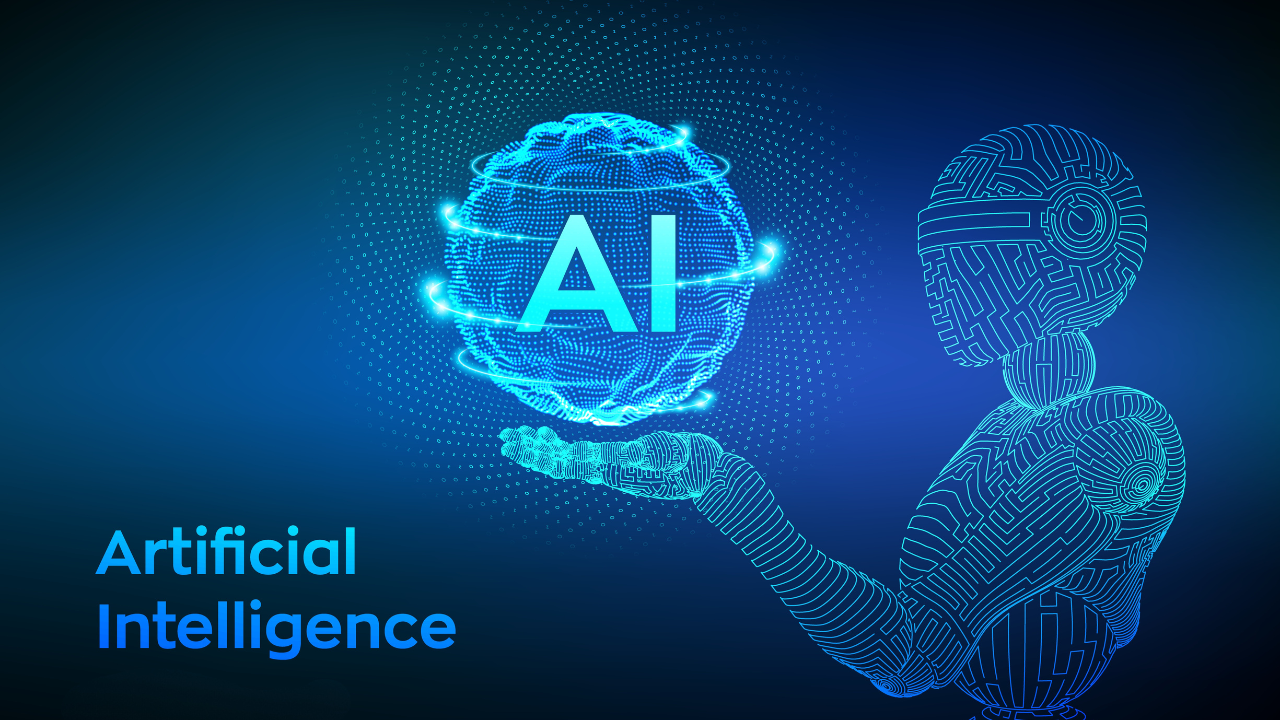
By embracing the spirit of exploration and collaboration, we can chart a course towards a future where technology catalyzes positive change, enriching the human experience and propelling humanity towards new heights of achievement.
In an era where the boundaries of innovation are continually being stretched, the landscape of future technology appears as a canvas loaded with endless possibilities. Once confined to the realms of science fiction now stands as a cornerstone of modern technological progress. The future holds promises of AI systems that not only mimic human cognition but surpass it in unimaginable ways.
As we embark on this journey into the unknown, it becomes crucial to delve into the realms of speculation and imagination to foresee the marvels that lie forth as this groundbreaking symbiosis of technology and AI promises to reshape industries, enhance human capabilities, and drive unprecedented innovation.
At the heart of this revolution lies the transformative power of AI algorithms. These intelligent systems can analyze vast amounts of data, recognize patterns, and make autonomous decisions. From natural language processing to computer vision, AI technologies have enabled software to perceive, understand, and interact with the world in unimaginable ways. From voice assistants and recommendation engines to self-driving cars and medical diagnostics, with the fusion of machine learning algorithms, neural networks, and quantum computing, AI stands poised to revolutionize every aspect of human existence, from healthcare and finance to transportation and entertainment.
It holds immense promise in transforming healthcare, enhancing cyber security, revolutionizing transportation, improving customer service, augmenting creativity, and much more.
In healthcare, AI-powered software can analyze medical images with greater accuracy than ever, assisting doctors in diagnosing diseases developing personalized treatment plans, and drug discovery..
In finance, AI algorithms can sift through massive datasets and optimize investment strategies in real-time. AI algorithms can analyze market trends, detect fraud, and optimize investment strategies, enhancing efficiency and accuracy.
In transportation, AI-driven autonomous vehicles are transforming the way we travel, making it safer, more efficient, and more sustainable.
The integration of AI into software is not only enhancing existing capabilities but also unlocking entirely new possibilities. For example, AI-powered virtual assistants are becoming increasingly sophisticated, capable of understanding and responding to natural language queries, managing calendars, and even performing tasks on behalf of their users.
Similarly, AI-driven creativity tools are empowering artists, designers, and musicians to explore new frontiers of expression, generating novel ideas and designs that push the boundaries of human creativity.
It also becomes imperative to acknowledge the ethical and societal implications that accompany these advancements. Questions surrounding privacy, autonomy, and equitable access to technology must be addressed with consideration and foresight.
Issues such as bias in algorithms, data privacy, and job displacement need to be addressed proactively. Transparent and accountable AI systems must be developed, ensuring fairness, diversity, and inclusivity. To harness the full potential of AI, collaboration between industry, academia, and policymakers is crucial. Investments in research and development, education and training programs, and the creation of regulatory frameworks are needed to foster responsible AI innovation and ensure its benefits are widely accessible.
By embracing the spirit of exploration and collaboration, we can chart a course towards a future where technology catalyzes positive change, enriching the human experience and propelling humanity towards new heights of achievement.
Recommended For You

02 Sep 2023
Boosting Business Excellence: Essential Tools for Entrepreneurs to Speed Up Success
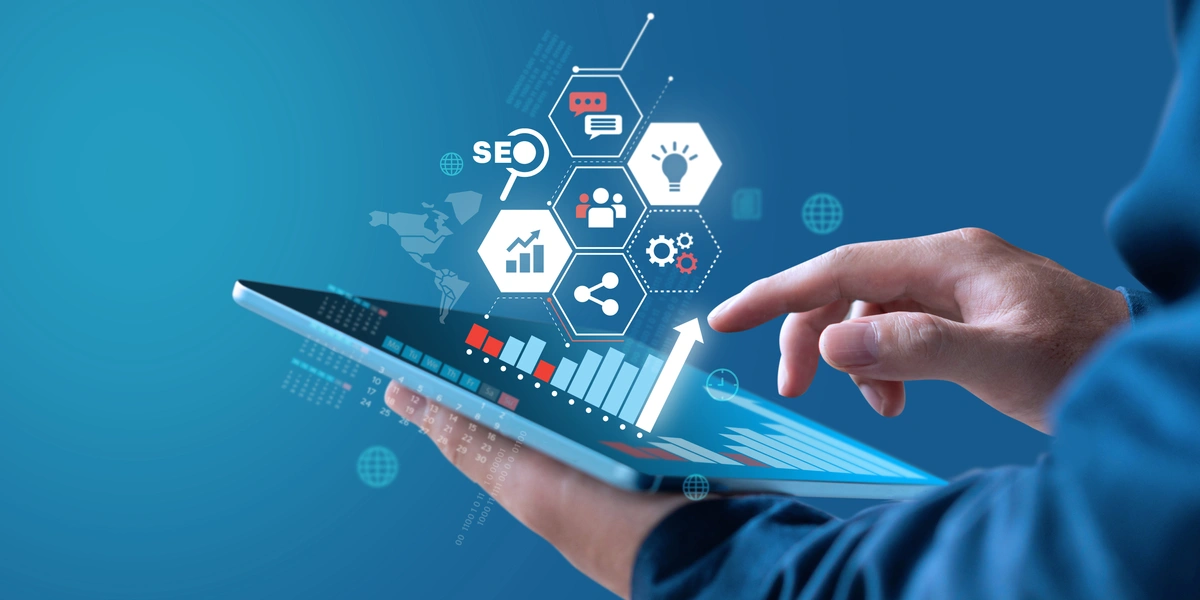
07 Sep 2023
Unlocking Success: Digital Transformation Strategies for Modern Businesses
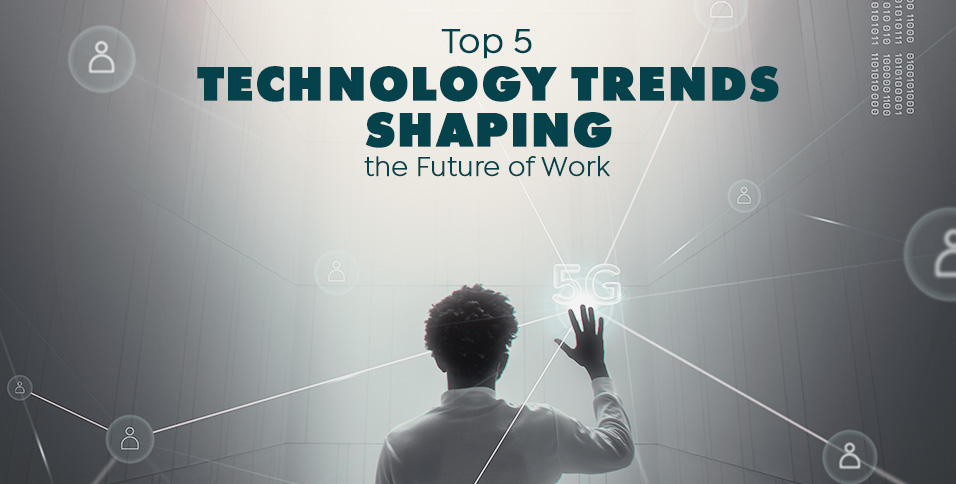
11 Sep 2023
5 Tech Trends Shaping the Future of Business

14 Sep 2023
WhatsApp's New Channels Feature: A Game-Changer in Messaging

16 Sep 2023
The Future of AI in SaaS Development: A Revolution in Software

18 Sep 2023
How to Build a Strong Personal Brand for Business Success
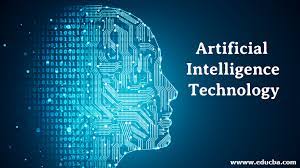
25 Sep 2023
AI: Expectations vs. Reality
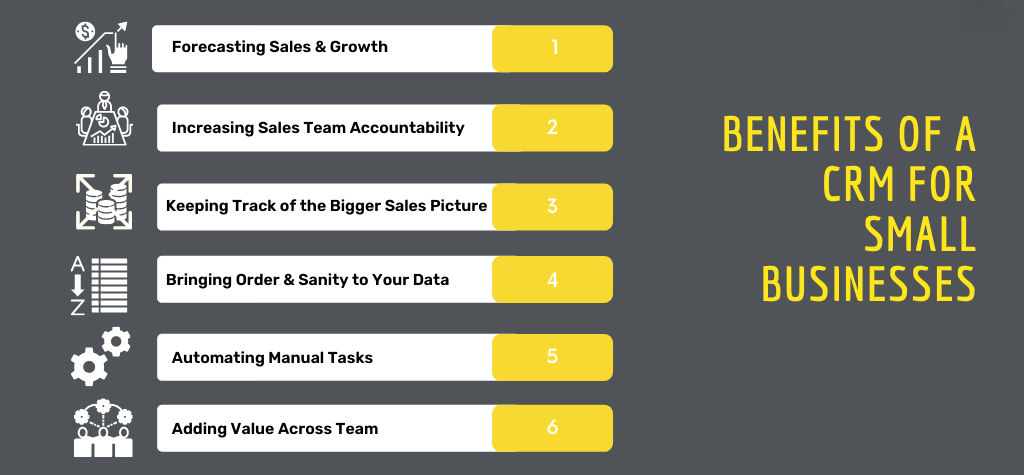
24 Oct 2023
How CRM Can Benefit Small Businesses: Case Studies and Success Stories
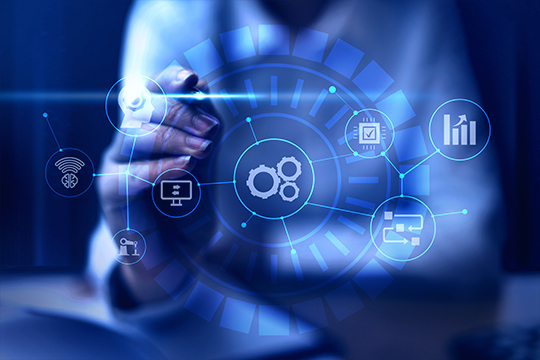
26 Oct 2023
Why You Might Be Failing at Information Technology

06 Nov 2023
Information Technology: 6 Steps to Make Sure More Engagement
